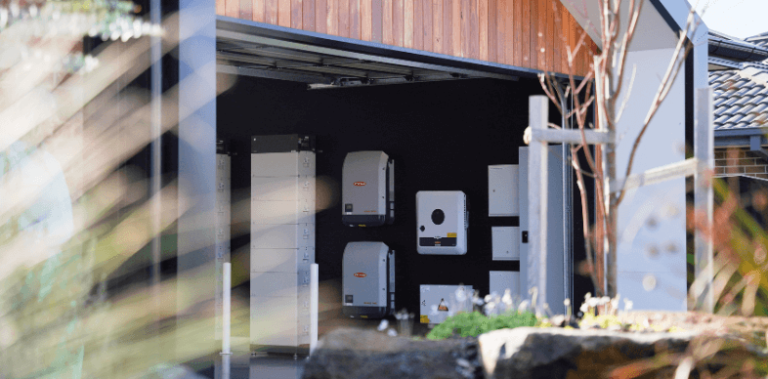
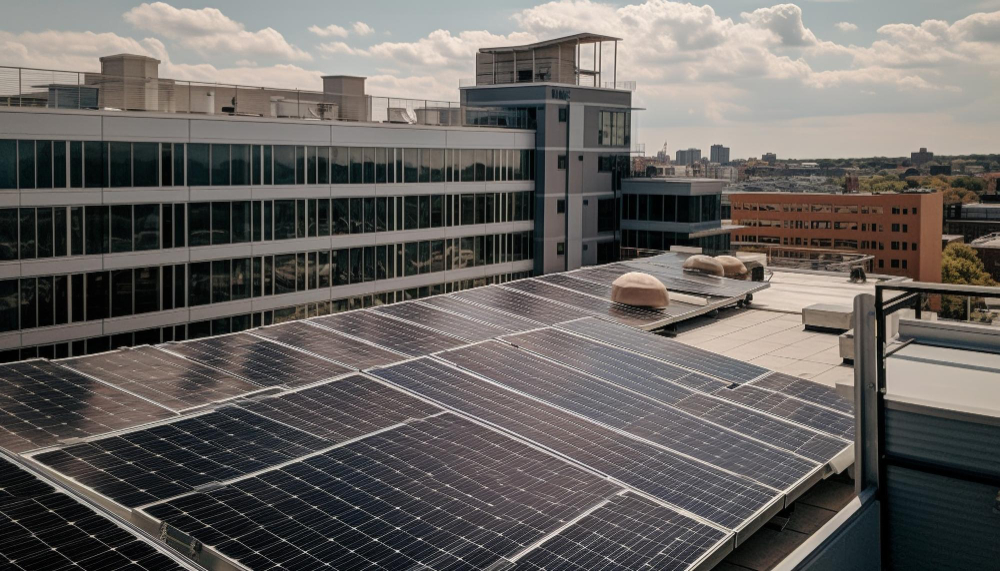
Several types of commercial businesses can benefit significantly from installing a solar system. Here are some examples:
It’s important to note that the suitability and benefits of a solar system can vary based on factors such as energy consumption patterns, available space for installation, local solar resources, and financial considerations. Conducting a thorough evaluation of a business’s energy needs and site conditions will help determine the specific benefits and feasibility of a solar system for a particular commercial establishment.

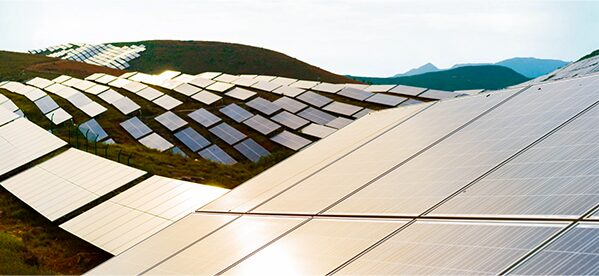
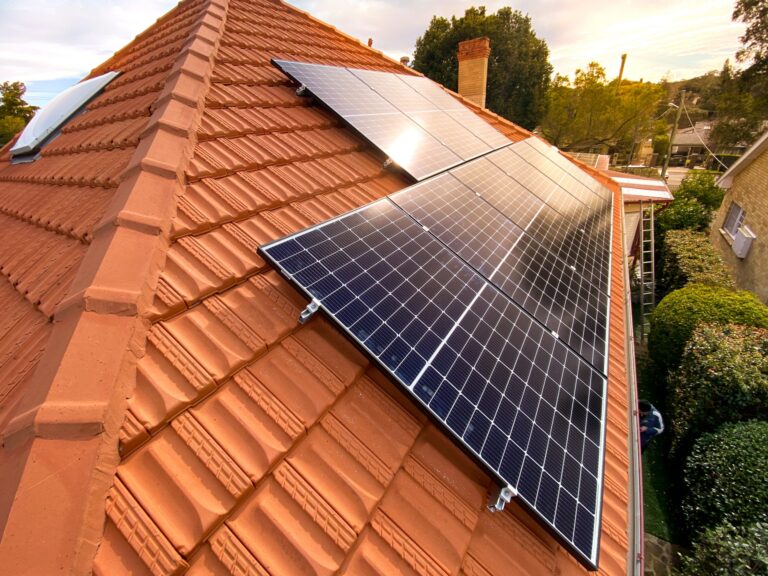
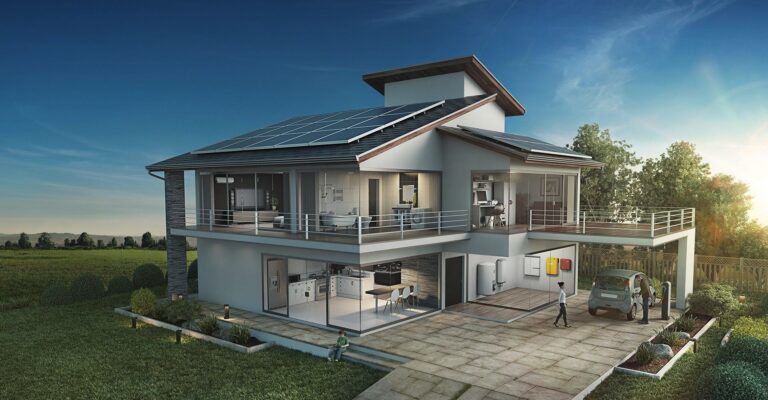

Solar Link Australia is a Market Leader in Solar Photo Voltaic Supply and Installation. (EST 2010). Our team is committed to making renewable energy a major part of Australia’s energy base.
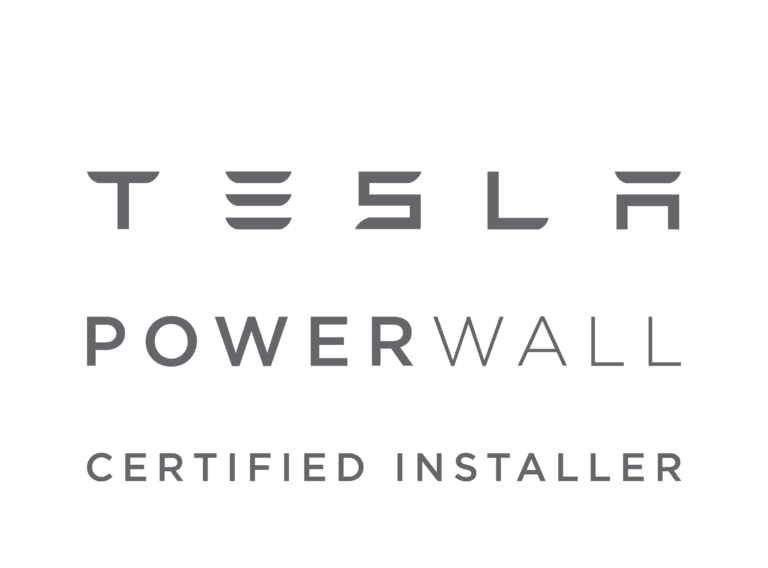




Ready to secure your deal? Request a callback now to lock in your price before the reduction takes effect!

Something isn’t Clear?
Feel free to contact us, and we will be more than happy to answer all of your questions.

or If you need quick assistance
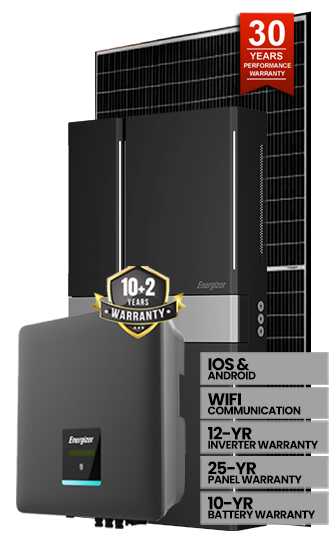
or If you need quick assistance

or If you need quick assistance

or If you need quick assistance

or If you need quick assistance

or If you need quick assistance

or If you need quick assistance

or If you need quick assistance

or If you need quick assistance

or If you need quick assistance

or If you need quick assistance
Something isn’t Clear?
Feel free to contact us, and we will be more than happy to answer all of your questions.

Something isn’t Clear?
Feel free to contact us, and we will be more than happy to answer all of your questions.